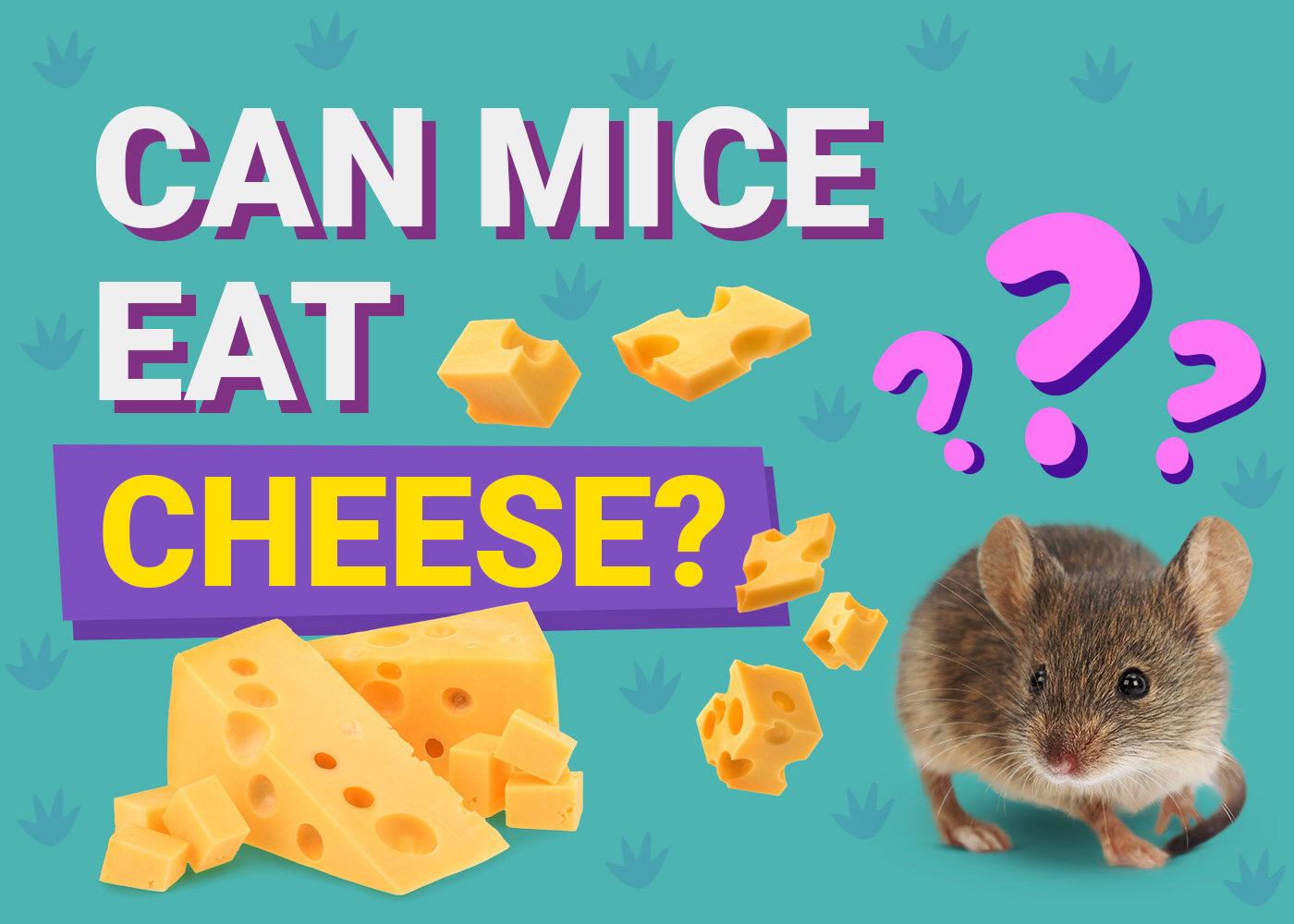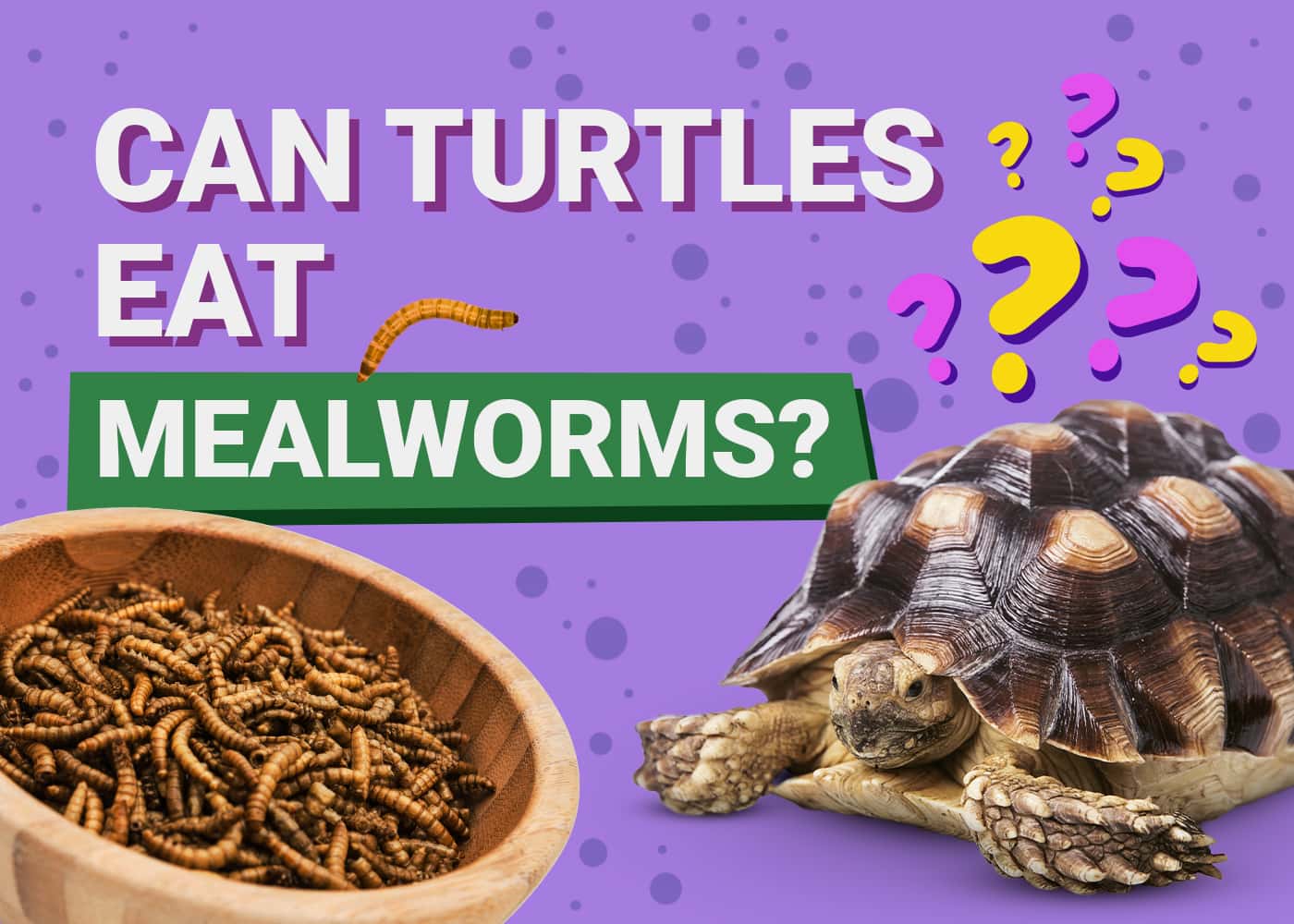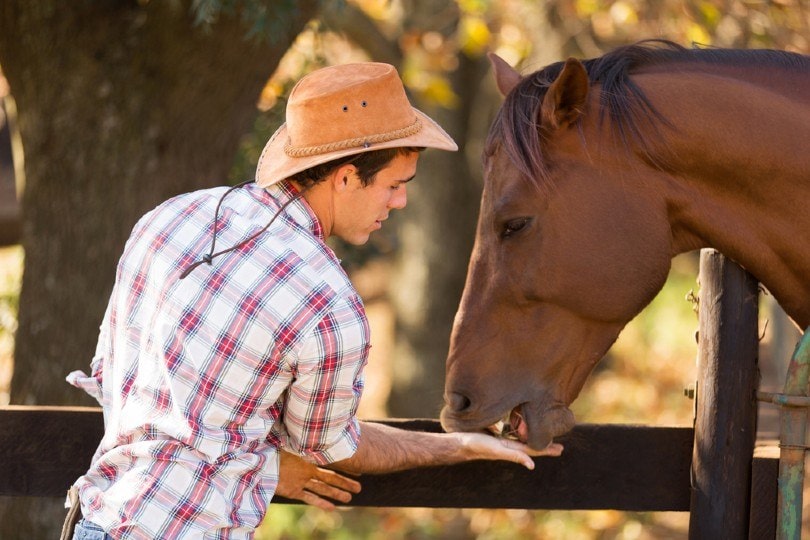VET APPROVED

The information is current and up-to-date in accordance with the latest veterinarian research.
Learn more »Click to Skip Ahead
It could be thanks to old cartoons, but many of us were raised to think that mice love cheese. These critters are constantly depicted with a nice hunk of Swiss cheese, enjoying a good nosh with a big smile. But can mice eat cheese? Or, better yet, do they even like it?
The answer is—yes, mice can eat cheese, but they probably shouldn’t. Also, some of them probably won’t show much of an interest anyway—contrary to everything you learned from Tom and Jerry. Let’s find out why.

Natural Mouse Diet
Mice are natural scavengers that get into just about anything. Some of us have experienced a mouse in our cabinets, pantries, or barns, chewing up just about anything they can get their little hands on.
A wild mouse is an omnivorous opportunistic scavenger. A mouse has a diet that mainly consists of plants, corn, fruit, roots, insects, carrion, and sometimes tree bark in the wild. If keeping a mouse as a pet, it’s fairly difficult to approximate such a diet for them. Things become even trickier when we factor in the exercise wild mice get and how their sole purpose is just to live as long as possible and procreate.
A pet’s life is clearly much different. As such, you should opt for a pellet diet specifically designed for your mouse that includes all the necessary nutrients in it. Such diets have become popular because they do not allow your pet to pick and choose what they’re going to eat. This is important because, given a choice of items, mice often pick and choose their favorites first.
A pellet diet on its own isn’t considered sufficient for a pet mouse, though. They would definitely need additional food items to help complete their diet. That being said, pellets are a very safe starting point and should typically be the bulk of a pet mouse’s diet.
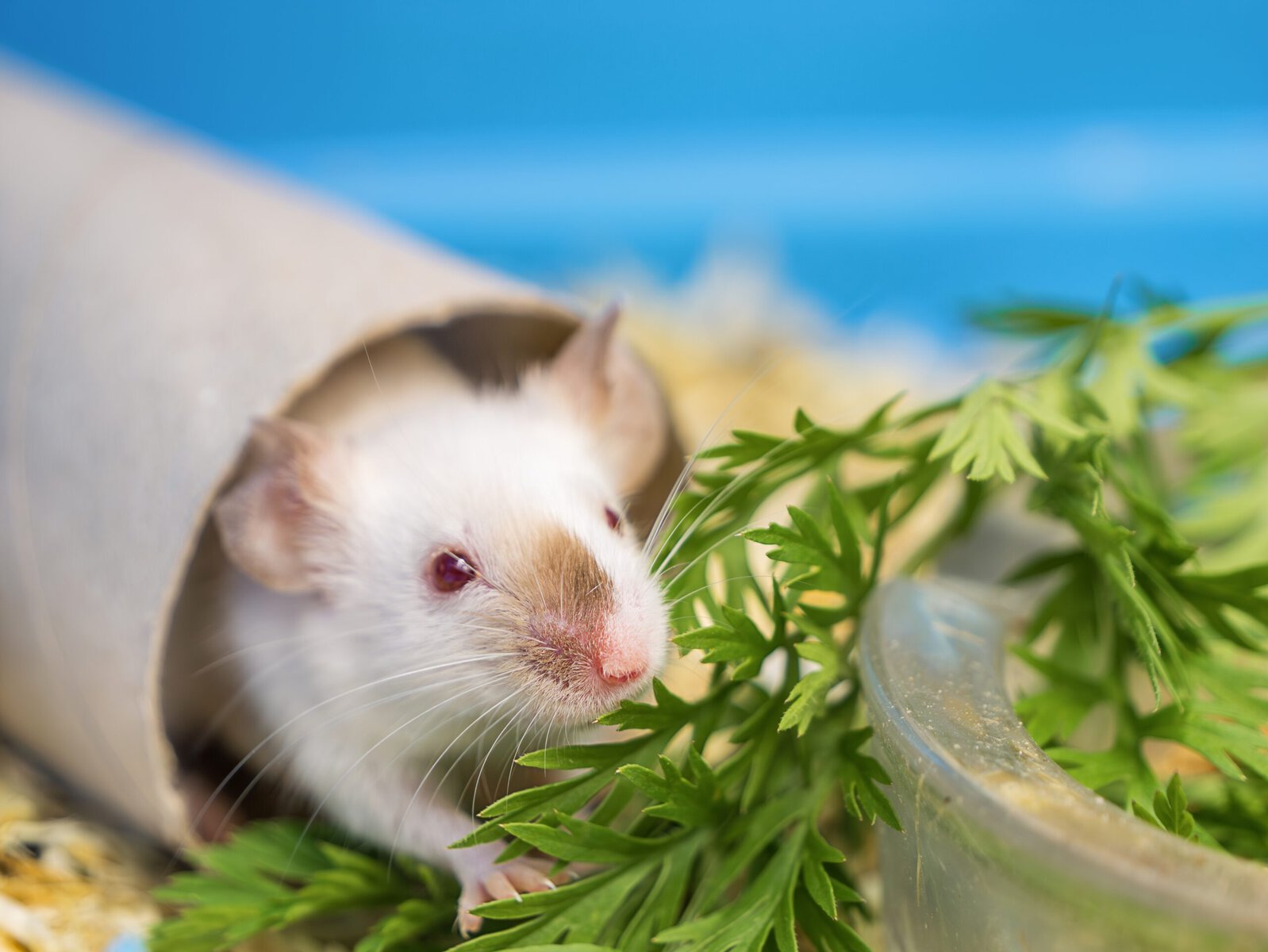
Where Does Cheese Fit In?
Cheese is a food item that is formed from animal milk and cultures. Even though mice might eat it, it definitely shouldn’t form a large bulk of their diet. In addition, some mice might not tolerate the lactose found in cheese well. Adult mice, in particular, are more likely to be lactose intolerant. As such, cheese may lead to episodes of digestive distress in mice, which often culminates in the form of diarrhea.
Anecdotally, if any other food is available to a mouse, they will be much more likely to pick another snack. But even if they do gravitate toward cheese, you should always monitor just how much your mouse eats.
Types of Dairy Cheese
Does the type of cheese matter as far as what will attract a mouse? Interestingly, some people claim that mice are more likely to avoid more pungent cheeses like sharp cheddar, Limburger, gorgonzola, and muenster. They are more likely to pick something mild like Colby or mozzarella.
In any case, unverified claims exist that mice are much more likely to snub their noses at dairy-based cheeses. Apparently, these claims are made based on picking bait for a pest mouse. People have claimed that these items don’t attract mice as much as a scoop of peanut butter on a trap will.
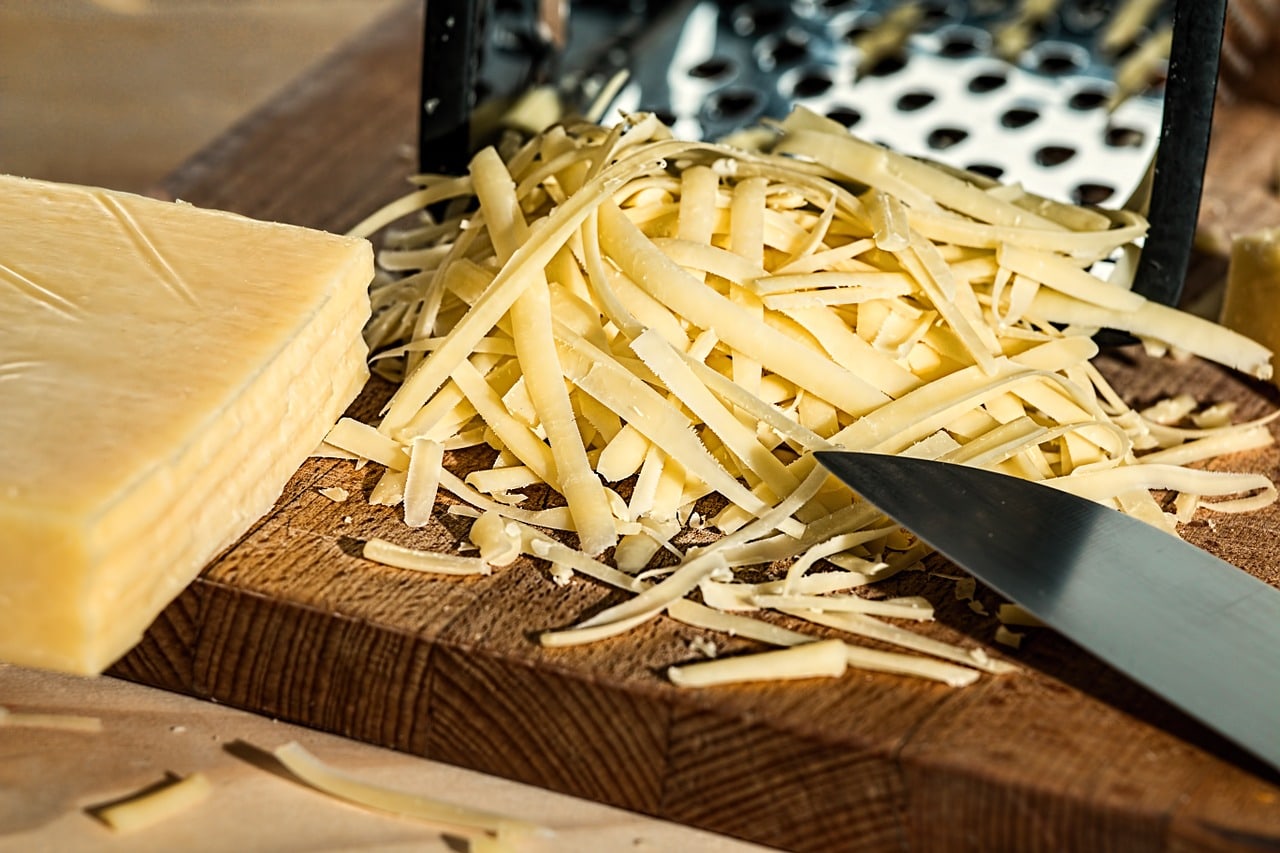
Do Mice Like Vegan Cheeses?
Vegan cheese might seem like a better selection to some people attempting to offer their mouse “healthy” foods.
- Soy
- Arrowroot
- Tapioca
- Cashews
- Macadamias
- Vegetable oil
- Coconut oil
Though many vegan products are marketed as healthy alternatives to the products they’re attempting to replace, these benefits often don’t translate to our pets. For instance, walnuts and rhubarbs, commonly found in vegan substitute products, are toxic for mice. Lettuce is also not recommended for mice, as it often leads to diarrhea.
Many of the oils used in vegan products are unhealthy for them, as they lead to rapid weight gain. Finally, a mouse isn’t a vegan pet—they do require a well-balanced diet that incorporates some non-vegan options as well.
Serving Your Mouse Cheese
If you do give your mouse cheese, make sure only to give them tiny portions about as big as their hand—and keep servings minimal. Too much cheese can upset their digestive tract and cause diarrhea. It may also lead to weight gain.
You should feed your mouse no more than a morsel of cheese per week—and avoid it altogether when possible. Keep in mind that a wild mouse would rarely come across cheese. Though our pets are different, it does raise a concern that offering your pet cheese would be feeding them something unconventional.
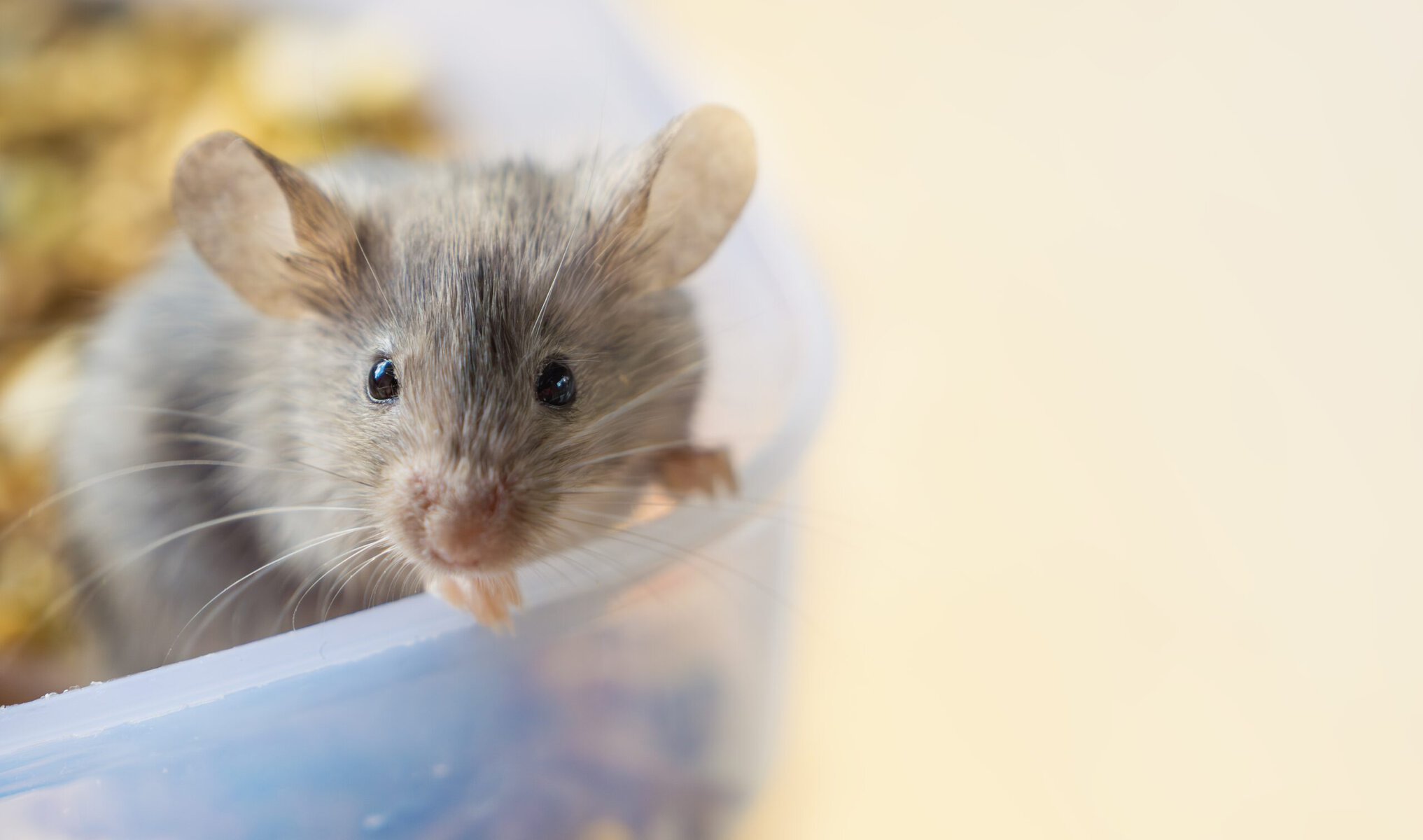
What Snacks Do Mice Prefer?
- Peanut butter
- Cooked, unseasoned pasta
- Broccoli
- Carrots (raw or lightly steamed)
- Hard-boiled eggs
- Bran cereal
- Granola
- Apples (no seeds)
If you do offer any of these mouse-friendly treats, always serve them in moderation to avoid overeating and excess caloric intake. As always, we recommend discussing your pet’s nutritional needs with your veterinarian for a more complete and thorough evaluation and for recommendations specifically tailored to their needs.


Final Thoughts
So, now you know that not everything you see in cartoons is accurate in reality. While cheese likely isn’t toxic for mice, it’s not overly healthy for them and as such, shouldn’t be something you offer to them in high amounts. Anecdotal claims of mice not liking cheese are interesting but not yet verified.
If your mouse does like cheese, only give it to them occasionally in tiny portions. However, preferential foods can quickly lead to an overweight or obese pet, which means you definitely want to control their portions for your pet.
See also:
- How to Take Care of a Pet Rat (Care Sheet & Guide)
- Can Mice Eat Cucumbers? What You Need To Know!
- Can Mice Eat Meat? What You Need to Know!
- What Do Mice Eat in the Wild & as Pets?
Featured Image Credit: AlexKlen, Pixabay
